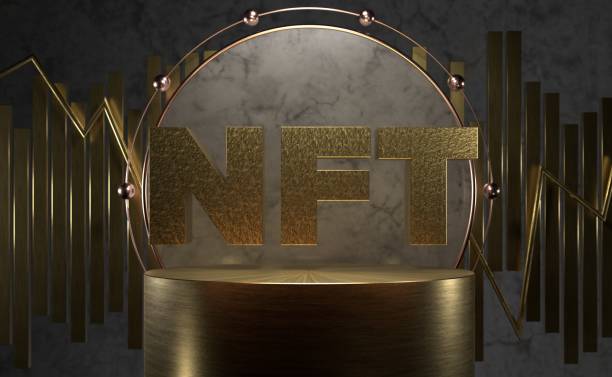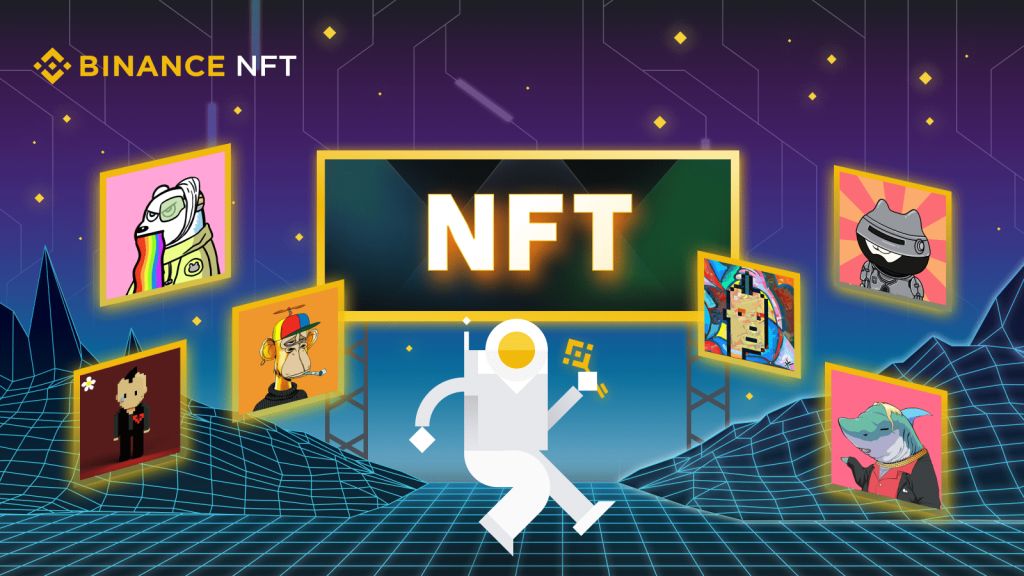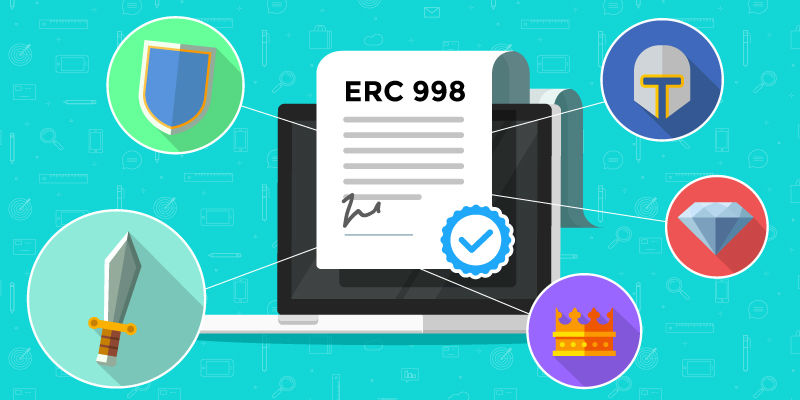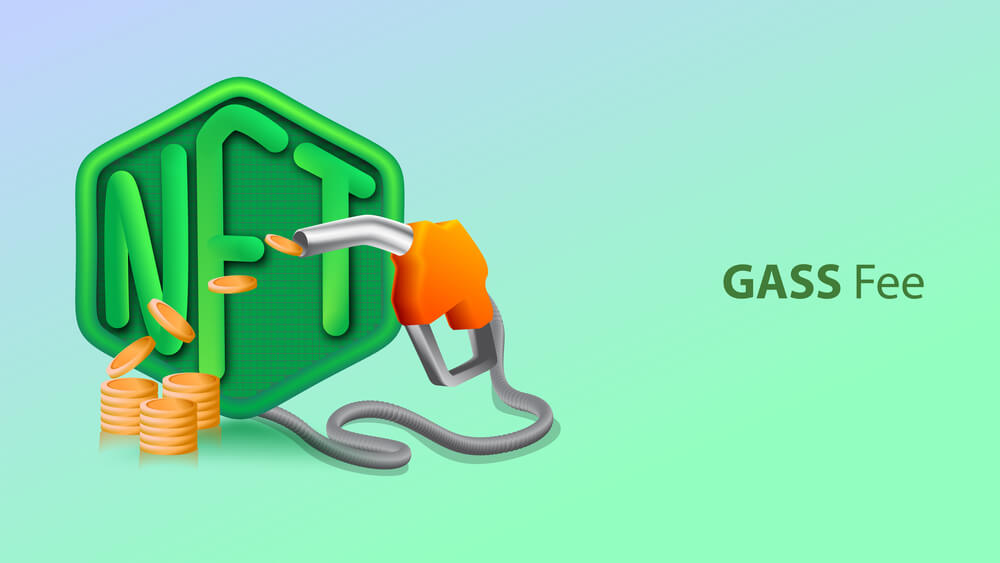The explosion of the world of nonfungible tokens (NFTs) has now grown beyond GIFs, art, virtual real estate, video game items, and collectibles to include NFT music. Today the musicians joining the space are standing to make millions of dollars by selling digital versions of their music and art.
When it comes to the NFT music it falls under the domain of a rare collectible that is mainly stored on a digital ledger. NFT music appears to possess lucrative opportunities for the creative to generate revenues as they assist in eliminating third parties and middlemen like record label firms via their sales and generate royalties for the independent artists.
NFT music provides artists, content creators, and other creatives with an unlimited inventory of digital assets to sell and auction off to the fans.
NFT Music Overview
Music NFTs have now become the new frontier that has created ways for musicians and independent artists to make some serious money. Just put NFT music features a digital asset that integrates a piece of music.
It might include a tokenized version of one song, an album, digital merchandise, special tickets, a chance to meet artists, and even a music video. The portfolio of NFT music will mainly depend on the way the artist wants to structure and package their nonfungible tokens.
When compared to the traditional digital music distribution NFTs provide unlimited opportunities to earn something. While music streaming platforms provide just licenses to listen to the paid tracks that offer no ownership. Music NFTs unlike music streaming platforms provide the buyers with collective or sole ownership over that specific limited NFT file.
NFT music by nature is quite unique and irreplaceable. Notably, it is quickly becoming a highly sought-after collectible. These NFTs empower musicians to develop music NFTs themselves to auction off and sell directly to the fans who pay using cryptos like Ethereum, Bitcoin, and others.
This strategy puts lots of power back in the hands of artists who now have another method of monetizing their art and other forms of digital merchandising without having to go through middlemen and third parties.
The Music NFT Sector In 2022
Ever since the pandemic restrictions resulted in the cancellation of concerts, live sports, and entertainment, NFTs have come up as a means for fans to connect with their favorite bands and artists.
NFT trading volume increased by more than $44.2 billion in 2021 and is constantly breaking records and the NFT market capitalization is expected to rise above $80 billion by 2025, with the music NFTs believed to be well-positioned to generate more revenues.
Apart from helping the music sector by bringing fans and artists closer, music NFT is also bringing more revenue for the artists without having to go through intermediaries. Artists appear to have taken notice with Kings of Leon becoming the first band to release an album as NFT. Others like Linkin Park’s Mike Shinoda and Snoop Dogg have joined the NFT train.
Should Artists Create Nonfungible Token Music?
For anyone who is musically inclined, creating NFT music comes with several benefits:
You can create an incredible experience for your fans, NFT music is a limited edition of music and memorabilia. Such music has lots of potentials for the fans to own the rare collectibles. Furthermore, you may use them to promote your upcoming album releases, offer some unique experiences for the fans, and also offer limited exclusive content.

The digital economy is believed to be the future. If you wish to join the highly profitable and engaging marketplace, then now is the right time to take a step forward and invest in some form of digital merchandising.
This music is an opportunity for generating more revenue. NFTs are now the craze in the digital economy providing money-making ways whenever they get traded. Some of the NFTs have shown that their values can appreciate considerably over time.
NFTs provide the ideal opportunity to engage directly with the buyers enabling independent artists to possibly earn 100% of the profits without having to go through middlemen and third parties like the streaming platforms.






